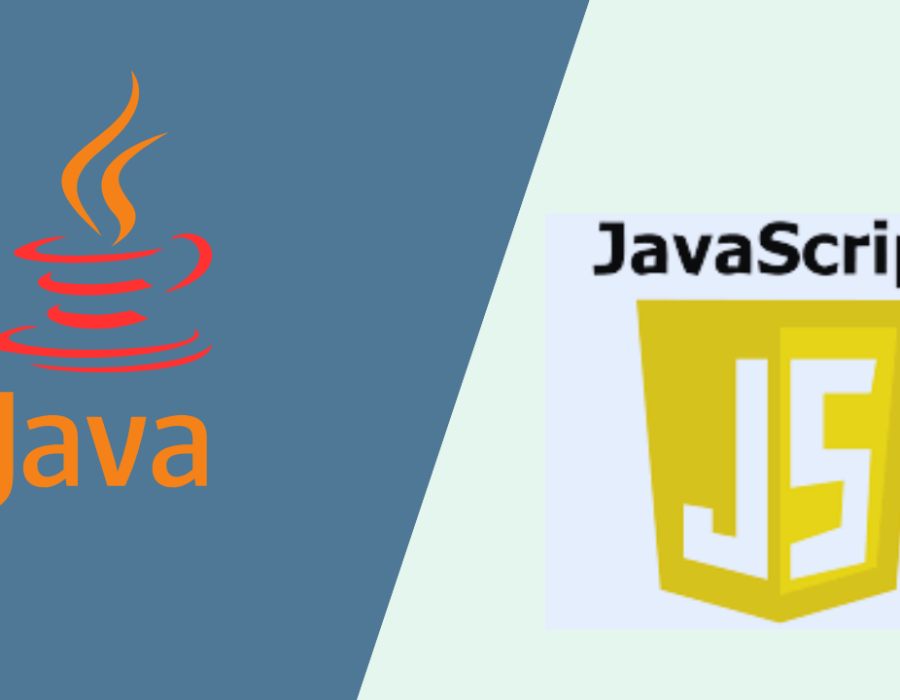Let’s begin by clarifying that even though both Java and JavaScript contain the word ‘java’ in their names, they are used for different purposes within software development. Java is the solid and dependable base for developing applications, whereas JavaScript, the lively and engaging, is the master of web applications. In this tutorial we will provide you a comparison of java and javascript.
Java:
Java is a class-based object oriented compiling language and is mainly used for creating applications that can run on any Operating System and has robust security features. It was developed originally by Sun Microsystems, which is now a part of Oracle, and it was released in 1995. Java is based on a model of “Write once, Run anywhere” (WORA); however, compiled byte code can run on any platform capable of running JVM.
Key characteristics:
Platform Independence: Java has the ‘Write once, Run anywhere’ (WORA) principle as a foundation. it means that Java code can be compiled once and run on any platform with a JVM from PCs to the latest mobile phones.
Robustness: Java has a solid type system, powerful exception management, and garbage collection, all of which contribute to its dependability. It is built to handle failures gracefully and will not just crash.
Generics: It helps to write reliable code and makes code faster through checking the type during the compilation process.
object-oriented: Java is constructed based on the concept of ‘objects,’ making the code interchangeable and more compartmentalized.
Multi-threaded: Java is capable of handling more than one request at once, thus making the software more responsive.
JavaScript Overview
JavaScript is another high-level programming language similar to HTML and CSS and is also referred to as the center era of the World Wide Web. JS allows developers to enhance the functionality of the websites by making the web pages interactive.
Key characteristics:
Interpreted language: JavaScript code is interpreted by the browser and there is no need for compilation.
Dynamic typing: Variables can store information of different data types, which offer flexibility but demand precise coding.
Prototype-based: Prototypes in JavaScript enable objects to share properties with other objects through so-called prototype chains; this is an exclusive feature of object-oriented programming languages.
event-driven: JavaScript also thrives in handling events and building interactive front ends.
Conclusion
Java and JavaScript are equally useful programming languages but with different applications. Java is best suited for the development of robust, scalable applications with high overall throughput and security. JavaScript is excellent for building engaging web content and has expanded its abilities to include server-side work and other fields.
Although there is no apparent victor between the two, it is crucial to be aware of the inherent advantages and disadvantages of each when choosing technologies. English and C++ are both useful for most developers to expand their knowledge and apply it in the development of various projects.
In summary:
Java: Ideal for corporate solutions, Android applications development, as well as server-side applications requiring high performance.
JavaScript: For the development of interactive and dynamic web applications, programming of user interfaces, as well as for experimenting with the server-side with Node js.





Comments